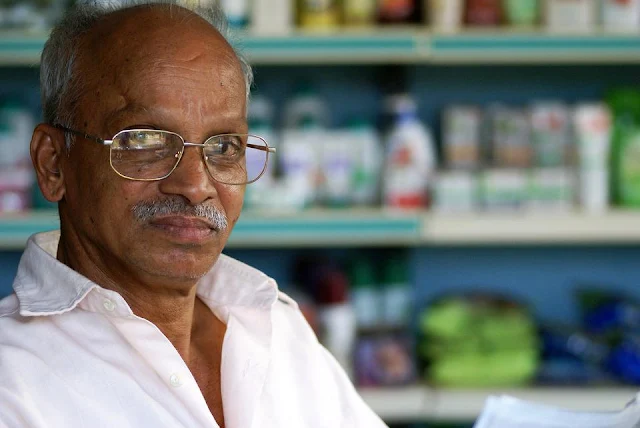Ad Code
Translate
List of 6,000+ Dofollow Commentluv Blogs FREE (Updated 2025)
January 16, 2025
What is Ozempic (semaglutide)? (Updated in 2025)
January 30, 2025
How To Find Suitable Properties In Cyprus? (Updated in 2025)
January 11, 2025
Smart strategies for trading on crypto exchanges
February 18, 2025
The 3 Basic Needs For Your New Pharmacy Business
Zizo Gala-Mkhize
June 14, 2022
It is the dream of just about every new pharmacist to one day own their own pharmacy. It’s like when you are just graduating from medical school and you want to have your own clinic one day after you’ve worked as a doctor for a few years. It is a great feeling to end up an essential part of the fabric of the community where you open your pharmacy business.
There is a lot that goes into opening your own pharmacy but there are a few basics that have to be done in the beginning. Getting set up requires that you understand the type of equipment that you’re going to need. This article will cover some of those basics so you can get started when you’re ready.
1 - Refrigeration
There are going to be a lot of medications that will need to be kept at a constant and cold temperature. It is very important that the medicines stay at the right temperature so they don’t lose their potency, which could cause an adverse reaction in patients. In some cases, they won’t work at all and that puts the patient's life at risk.
An example of this would be insulin. It needs to be stored in a cold fridge; otherwise, it will deteriorate. There are a number of different types of units that you can go for, but one that is recommended lately is a type that uses hydrocarbon refrigerant to keep cool. Not only will it keep the medications cold but will also cost less to operate and is much more environmentally friendly.
Some will need to be kept in freezing temperatures and require a special freezer. The Covid vaccines are good examples as they proved to be problematic with regards to shipping since they needed to be kept so cold.
2 - Measure racks
When medications come in from the compounding facility, they need to be measured and dosed to order for your prescriptions. It is vitally important that this be done accurately as your patients are relying on you.
Dosing racks are going to be necessary to be able to get the dose right and without confusion. They work quickly and accurately so your patient can get their prescription quickly and move on with their lives. Always have several to use at once and some extras to serve as backups in case one gets broken.
3 - Person Protection Equipment (PPE)
There will be a lot of exposure to many dangerous drugs and chemicals at the pharmacy you and your staff. Protecting everybody is going to be your number one job. This is why it is essential to have the proper PPE for this job.
This includes protective eyewear, lab coats, and gloves. They should be kept in excellent condition and replaced at the first sign of wear and tear. They also need to always be worn so make sure that your policy includes the proper wearing of PPE as well.
Featured Post
12 Prominent new technologies and trends emerging in 2025
Khabza Mkhize-
April 02, 2025
Soapie Teasers
Sister Sites
Most Popular
List of 6,000+ Dofollow Commentluv Blogs FREE (Updated 2025)
January 16, 2025
Smart strategies for trading on crypto exchanges
February 18, 2025
Popular posts
List of 6,000+ Dofollow Commentluv Blogs FREE (Updated 2025)
January 16, 2025
Smart strategies for trading on crypto exchanges
February 18, 2025
Footer Menu Widget
Created By Blogspot Theme | Distributed By Gooyaabi Templates


0 Comments